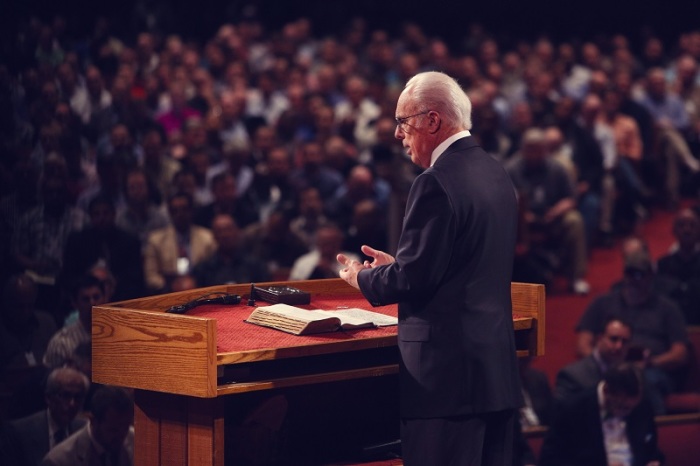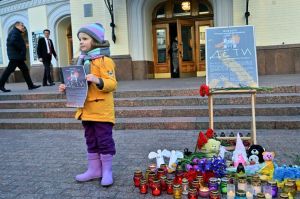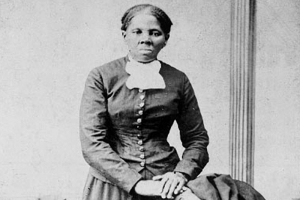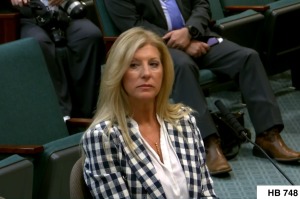John MacArthur's Master's University Put on Probation by Accrediting Agency

The Master's University and Seminary in Santa Clarita, California, headed by Pastor John MacArthur, has been placed on probation by one of the region's leading educational accrediting agencies.
Last month, the Western Association of Schools and Colleges' Senior College and University Commission sent notice to the university that it's been placed on probation months after the commission's release of a lengthy report, citing several concerns with the school's personnel and management practices.
Among the commission's concerns are the lack qualifications for staff members in university leadership positions, questionable independence of the TMUS board of trustees, operational integrity and a "climate of fear, intimidation, bullying" among faculty and staff.
The concerns were raised following a visit by members of the commission to the 110-acre campus in the Placerita Canyon in March. Under the terms of the probation, the school will continue to maintain its accreditation but will have less than two years to remedy the concerns.
In a statement, the TMUS board of directors stated that it they are proactively working to "resolve every area of concern."
"TMUS is endeavoring to have the probationary status removed as soon as possible," the statement reads.
Considering that the university is associated with the MacArthur-pastored Grace Community Church, the commission expressed concern with the fact that MacArthur and a number of cabinet-level leaders are "also on staff at GCC" while several staff members also attend GCC.
"The institution does not meet the WSCUC requirement for governing board independence since many members of the Board are employed by the institution or another organization for which the president has authority," the July 18 letter to TMUS reads. "According to the WSCUC Governing Board Policy, 'for an institutional governing board to be considered independent, a majority of its members may not have interests that influence their impartial decision making, create multiple and potentially conflicting relationships, or result in competing loyalties.' Board members cannot independently evaluate a Chief Executive Officer to whom they report."
As TMUS is far from the only church-associated college accredited by a major agency, Dean of Faculty Kevin Hill told The Christian Post that the school's board of directors is looking for a solution that will please the commission.
"I think there are going to be adjustments made so that WASC is comfortable with where we are," Hill explained. "They are working through all those changes. The report was released before we had a chance to fully address all these issues. This stuff takes time because they are asking for a pretty substantive change and a lot of this stuff we have to research."
Another issue the commission found was a "pattern of personnel actions and practices that are inconsistent with the TMUS Employee and Faculty Handbooks." Members of the commission who visited the campus reported seeing a "climate of fear, intimidation, bullying, and uncertainty among significant numbers of faculty and staff."
"This is something that I have personally never experienced. So that was really surprising to me, personally. As dean of the faculty, I have never seen that," Hill said. "But I don't want to discount the claims that other people made. That is something that the board and the president are taking extremely seriously. They took action as soon as we were given the preliminary report. They jumped on this because that is not who we perceive ourselves to be and obviously, something we need to address aggressively."
The commission also questioned the school's "operational integrity." The commission notes that the school's 2017 financial audit found apparent "conflicts of interest" involving the amount of financial aid being given to "friends and relatives" than the amount of aid being given to other students.
Additionally, the commission found MacArthur's son-in-law was supervising a contract from which "he benefits." However, the commission's report didn't offer much detail on the contract in question.
The report from March notes that the school did not respond to the finding surrounding MacArthur's son-in-law even six months after it was identified as a "significant finding" in the 2017 audit. The commission stated that the lack of response "adds to the concerns of leadership willingness to promptly align with accreditation and financial audit standards."
"I don't know the specifics of the contract myself. So I don't know what they were looking at," Hill said. "I do know that the board has gotten involved in that situation as with all the situations right away."
The commission also claims that TMUS has hired some individuals without job descriptions being provided or searches being conducted to ensure that the best candidate was hired.
"Some institutional leaders lack higher education experience, preparation, and knowledge of key higher education regulatory expectations and professional standards for institutions of higher education," the July 18 letter states. "For example, when asked by the visiting team, the COO was unaware of the Clery Act, [Violence Against Women's Act,] and the Family Education Right to Privacy Act (FERPA)."
Hill assured that there was nothing in the commission's report or letter that the school is "pushing back" against.
"We are taking everything they said very seriously," Hill stated.
Hill explained that the university's board of trustees will issue its own report in the next few months, outlining what changes will be made to address the commission's recommendations. The report will come before members of the commission revisit the school in November to address areas of non-compliance.
"The whole process is very healthy for institutions like us because it has been 10 years since an accrediting body came to the campus and they tell you where they see issues. They really do have your students' interest at heart," Hill said. "When you see things come back like WASC did with us, it is disappointing. But at the same time, it is an opportunity for improvement and we want to be the best possible institution for our students."
Hill noted that the commission was "extremely complimentary and offered high praise in all of our academic areas."
"But we have some shortcomings in some of our other areas and it is good to know that," he concluded. "We want to be a responsible institution and we want to meet the standards of our accrediting body. We are taking it very seriously and the board, as well as our president, is extremely active in dealing with all of this."
TMUS, which was founded in 1927 and has just over 1,300 undergraduates enrolled, is also accredited by the National Association of Schools of Music, the Evangelical Council for Financial Accountability and is a member of the Association of Christian Schools International. TMUS has been accredited by WASC since 1975.





























